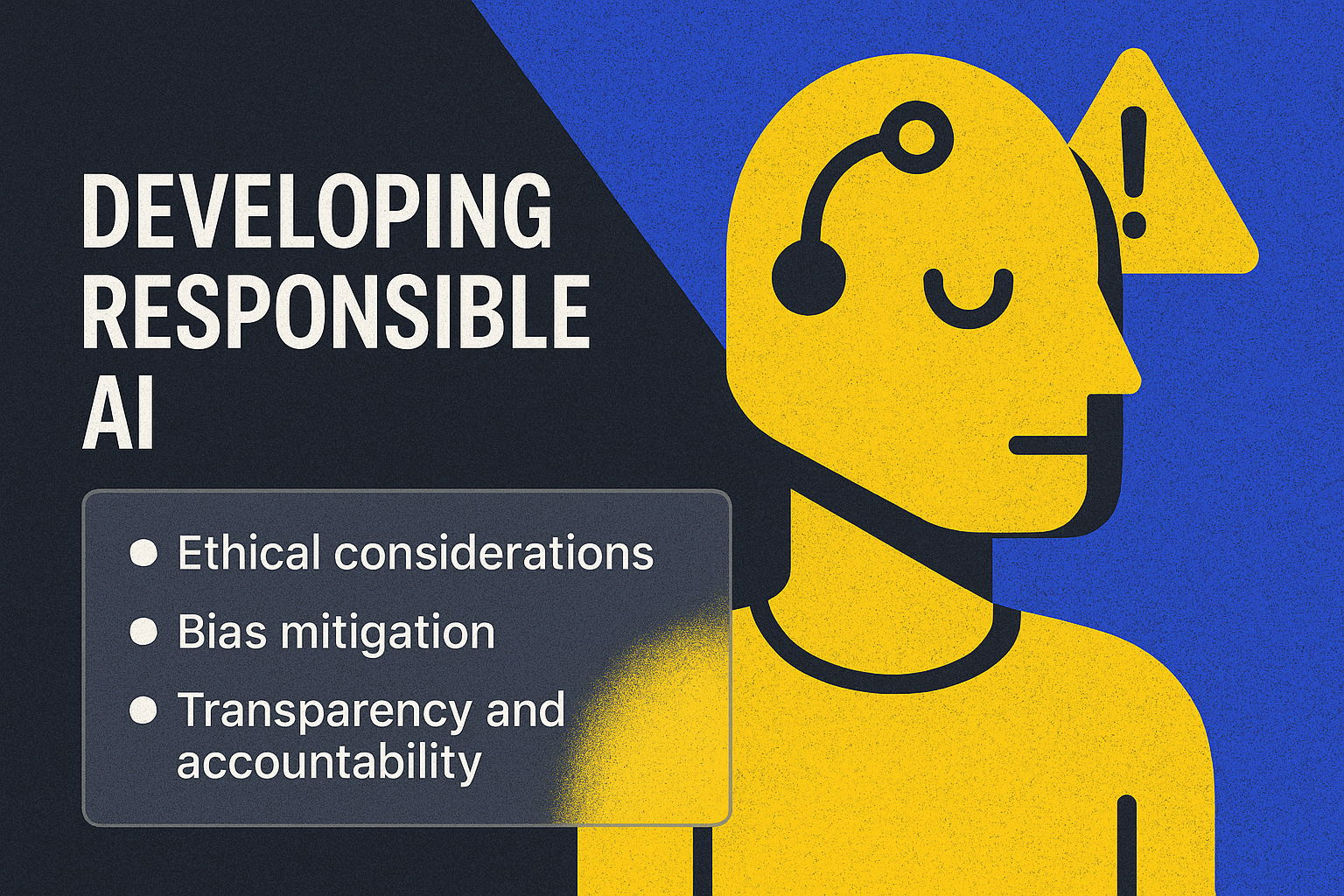Schedule a Demo
In the energy sector, product managers face unique challenges when searching for the right vendors. From ensuring compliance with stringent regulations to meeting sustainability goals, the process requires a strategic approach. I've seen firsthand how product managers navigate these waters, leveraging both traditional and innovative methods to find partners that align with their company's vision and operational needs.
The energy industry isn't just about power generation and distribution; it's about creating a sustainable future. Product managers in this sector must consider a wide array of factors when selecting vendors, including technological innovation, environmental impact, and long-term viability. The right vendor can make all the difference in achieving these goals, so understanding the sector's specific needs is crucial.
Traditional methods still hold significant value in the energy sector. Product managers often start with industry directories and trade shows, where they can meet potential vendors face-to-face. These events provide a platform for networking and understanding the latest industry trends. Additionally, referrals from trusted colleagues or partners can lead to reliable vendor options. The personal touch and direct communication these methods offer can be invaluable in building long-lasting business relationships.
In my work with product managers, I've noticed a shift towards digital platforms for vendor searches. Websites like LinkedIn and specialized industry forums have become essential tools. These platforms allow product managers to connect with a broader range of vendors, often from different regions, which can be particularly useful for finding innovative solutions. Online reviews and ratings also play a significant role in decision-making, providing a quick snapshot of a vendor's reputation and reliability.
Request for Proposals (RFPs) and Request for Information (RFIs) are critical tools in the vendor selection process. They allow product managers to clearly define their needs and invite vendors to present detailed proposals. This method ensures a thorough evaluation of potential partners, focusing on their capabilities, pricing, and alignment with the company's strategic goals. In the energy sector, where projects often involve significant investments, RFPs and RFIs help mitigate risks and ensure the best possible outcomes.
Sustainability is a top priority for many energy companies, and product managers must ensure their chosen vendors align with these values. This involves evaluating a vendor's commitment to environmental stewardship and their ability to provide innovative solutions that reduce carbon footprints. I've seen product managers use scorecards and sustainability reports to assess potential partners, ensuring they meet the company's green initiatives.
Case studies and success stories from other companies in the energy sector can provide valuable insights into vendor performance. Product managers often look at how similar companies have successfully partnered with vendors to achieve their goals. These real-world examples can help in understanding what to expect from a vendor and how they handle challenges. By studying these cases, product managers can make more informed decisions and avoid common pitfalls.
Building strong relationships with vendors is crucial for long-term success. Product managers in the energy sector often prioritize vendors who demonstrate a willingness to collaborate and adapt to changing needs. Regular communication, joint planning sessions, and a shared commitment to success are key elements of a strong vendor relationship. I've observed that product managers who invest time in nurturing these relationships often see better results and more innovative solutions from their partners.
The energy sector is heavily regulated, and product managers must ensure that their chosen vendors comply with all relevant laws and standards. This involves thorough vetting processes, including checks for certifications and past compliance records. I've worked with product managers who have developed detailed checklists to ensure that every potential vendor meets the necessary regulatory requirements. This meticulous approach helps avoid costly legal issues and ensures that projects can proceed smoothly.
Finding the right balance between cost and quality is a constant challenge for product managers in the energy sector. While cost is always a consideration, it's important not to compromise on quality, especially in an industry where safety and reliability are paramount. I've seen product managers use cost-benefit analyses and total cost of ownership models to evaluate potential vendors. These tools help them understand the long-term implications of their choices and ensure they're making the best possible decisions for their companies.
Looking ahead, I believe the energy sector will continue to evolve in its approach to vendor selection. The increasing emphasis on digital transformation and data analytics will likely lead to more sophisticated vendor evaluation processes. Product managers will need to stay abreast of these trends, using new tools and methodologies to find partners that can help them navigate the future of energy. The focus on sustainability and innovation will also drive changes in how vendors are chosen, with a greater emphasis on long-term value and environmental impact.
The journey of selecting the right vendor in the energy sector is complex and multifaceted. Product managers must navigate a landscape filled with regulatory challenges, sustainability goals, and the need for innovation. By leveraging both traditional and digital methods, using tools like RFPs and RFIs, and focusing on building strong relationships, they can find partners that will help them achieve their objectives. As the industry continues to evolve, staying informed and adaptable will be key to success in vendor selection.
